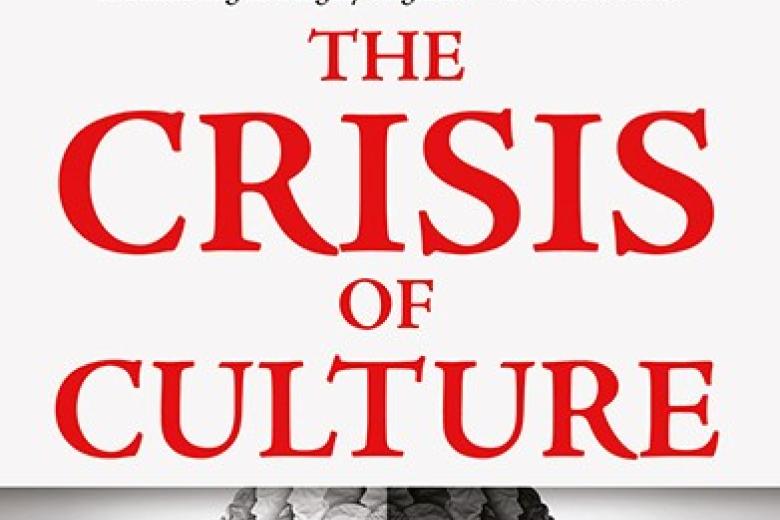Column
Recently, I received an offer to write a regular, five weekly column in Dagblad De Limburger. The newspaper was looking for a new group of columnists and thought I might be a suitable candidate. I don’t think this blog was the reason; a journalist who then came to interview me for an article in the paper just before my first column had apparently read little of my writings. He wanted to know my exact writing style, whether I was prone to tantalizing columns in which I would focus on tensions brewing in the region.
He was particularly interested in what he expected to be huge differences between Germans and the Dutch; according to him I would certainly also be able to fill many columns with this. I subtly let him know that there might be more similarities than differences between ‘us and them’, but he didn’t give up so quickly:
“The Germans are still gründlicher (more thorough), don’t you think?”
To which I replied, “You can just use the informal you (the Dutch je instead of u). I learned that in the Netherlands, among other things—Das Du anbieten (offer the informal ‘you’) is not such a formal thing as in Germany. There, you have a difference! But is this “Gründlichkeit” or the love of formalities?
“But the Dutch are still much more into discussions?”, he still tried a bit later.
OK, one of the differences I’ve experienced is that in Germany a discussion is followed by a decision, while in the Netherlands a decision is the beginning of a discussion. “But actually, I don’t really believe in a single German debate culture. In Berlin it’s very different from Cologne.”
What is it that fascinates journalists about differences and/or problems? Good news is no news. No problem—not interested. Is it only journalists who think that, or is it their audience (now), too? Maybe I should write a column about that. My first will be published on 4 October.
-
With Little Time Left to Mitigate Climate Change: Insights from the Enforcement of China’s Emissions Trading Schemes
Due to an increasing number of climate-related events, for example more frequent floods, climate change has become a topic that almost everyone around the world cares about. To mitigate climate change, regions and countries worldwide, for example the EU, California, China, Japan, and Korea, are now...

-
A Glimpse into My EPIP 2025 Journey: Patents, Gene Editing and Food Security
From 10–12 September, I joined the 20th Annual Conference of the European Policy for Intellectual Property Association (EPIP) in Antwerp, a lively gathering of scholars exploring the intersections of intellectual property (IP), innovation and policy. For me, it was a chance to present my paper and...

-
Bye bye culture – enter norms and codes?
Fond of regulations as they are, jurists could nonetheless have an interest in learning about their origins and current proliferation, and Olivier Roy’s latest book addresses this question by offering a thought-provoking reflection about the path that contemporary culture has taken.

